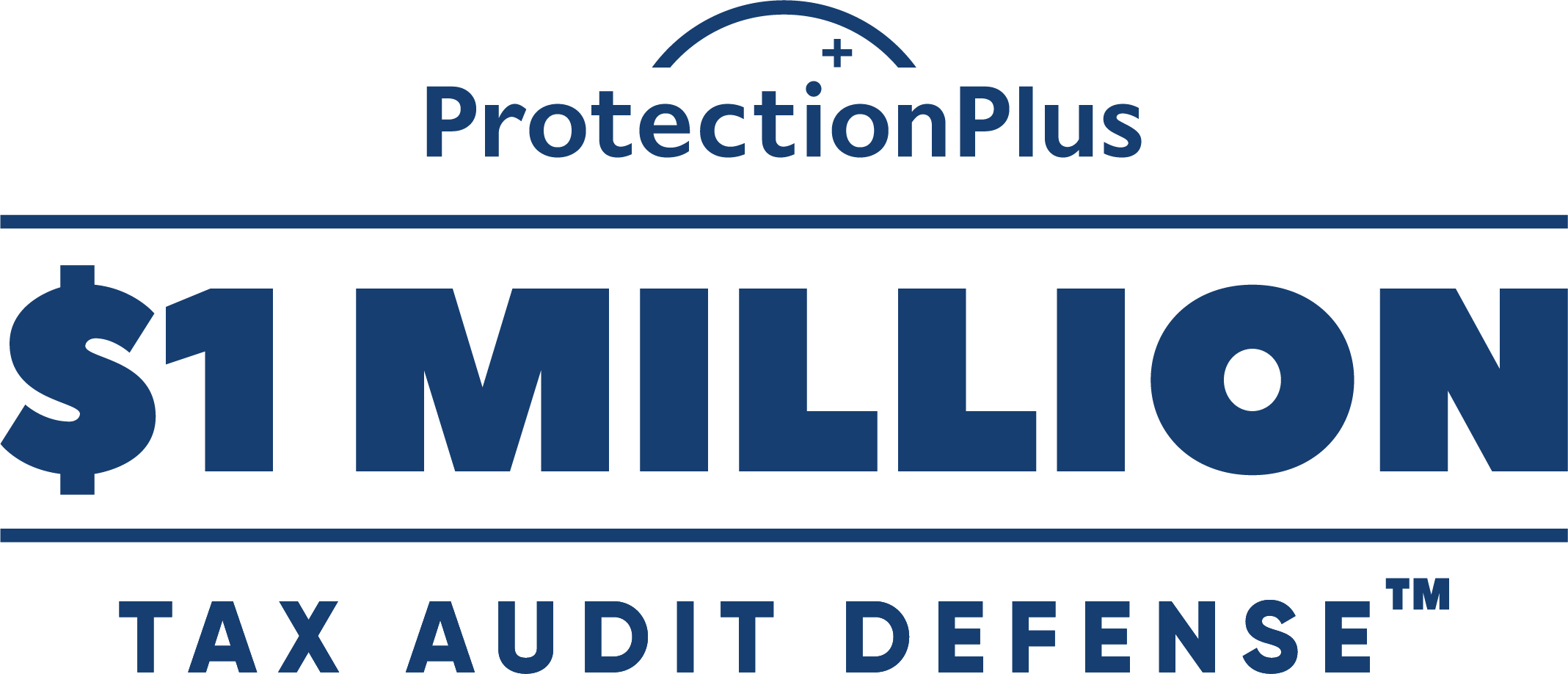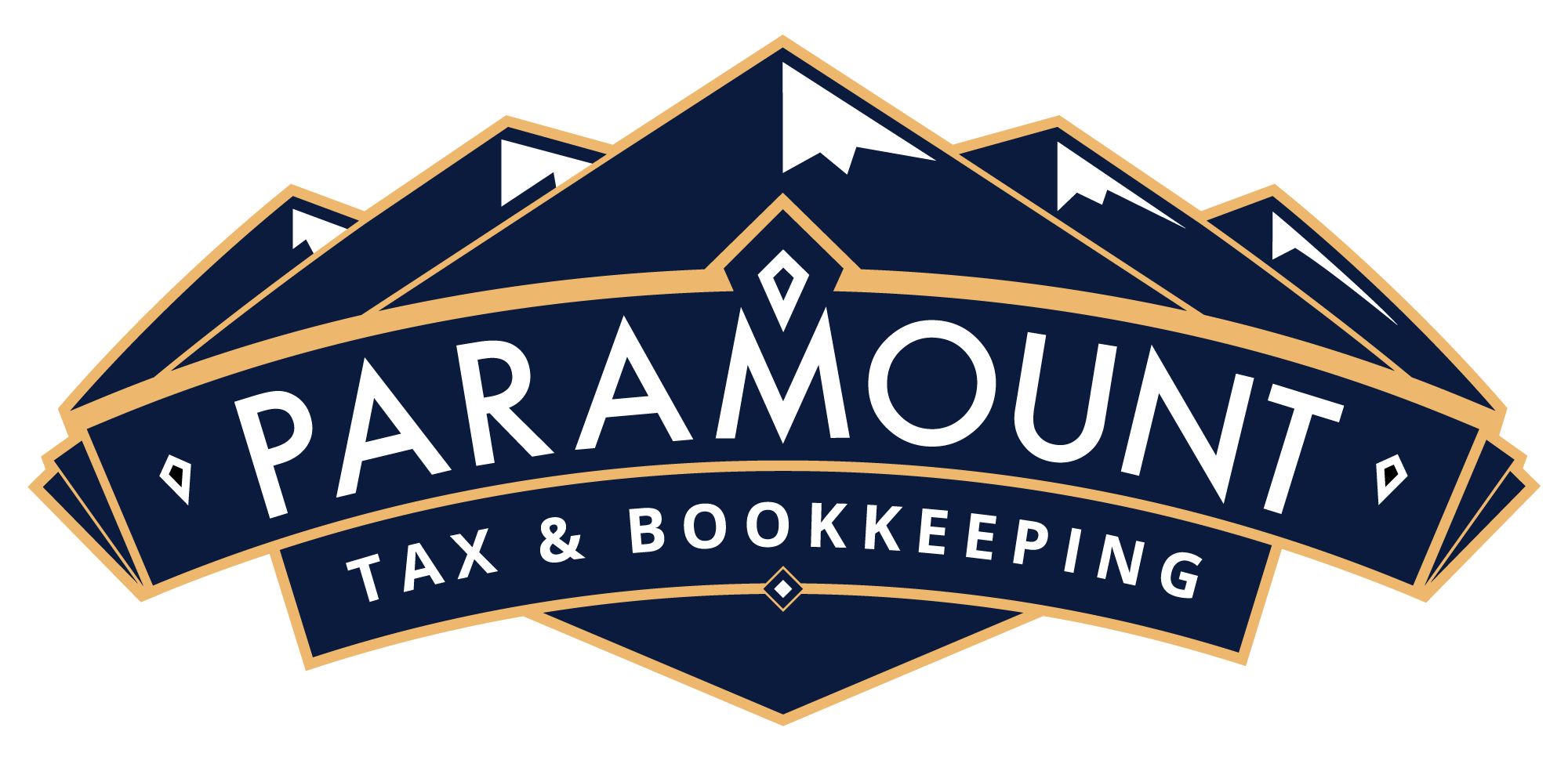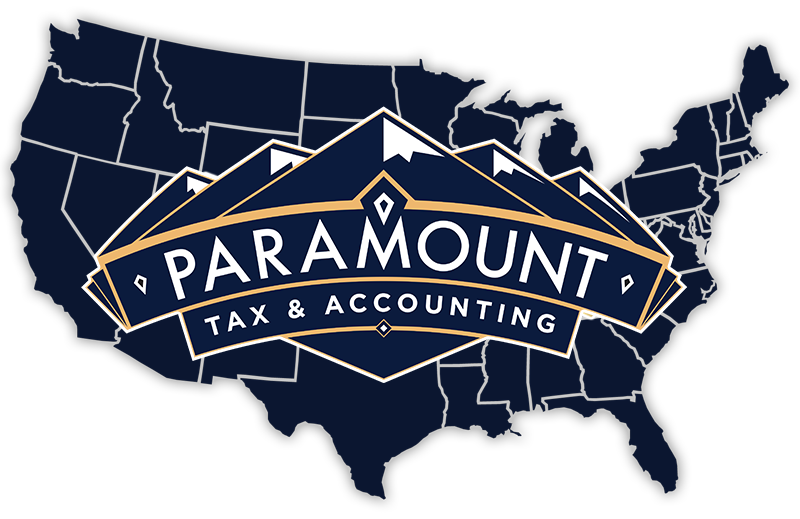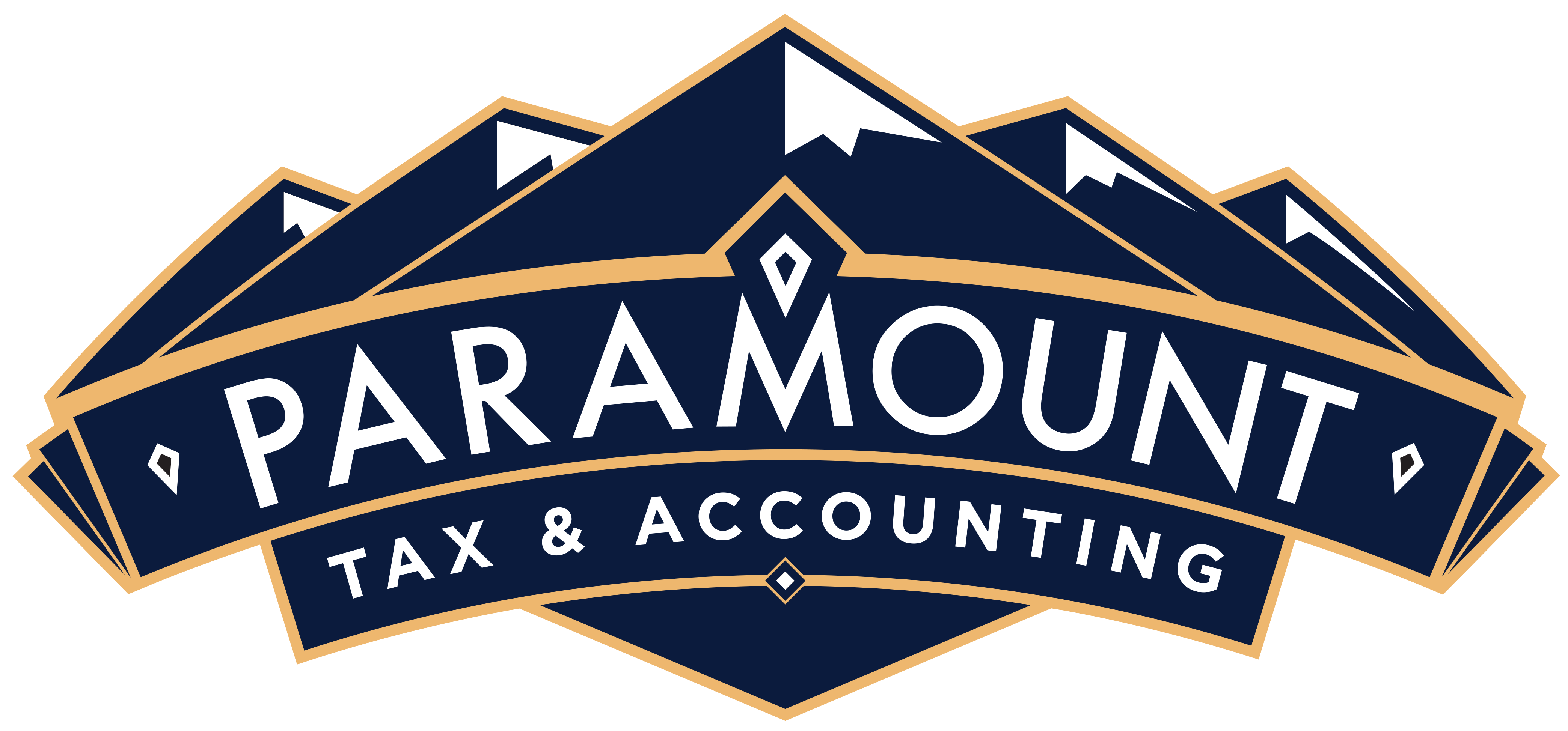Tax Implications of COVID-19 Small Business Assistance Loans
The coronavirus pandemic has shaken the world in unprecedented ways, particularly economically. In order to prevent total economic crumble, the president signed the CARES Act into law on Friday, March 27, 2020. This act set aside $376 billion to help workers and small businesses in the United States keep their jobs and businesses open. These funds were approved for borrowing from the U.S. Small Business Administration in four new programs:
- Payment Protection Program (PPP)
- Economic Injury Disaster Loan (EIDL)
- Express Loans
- SBA Debt Relief
Each loan program has different requirements and terms. As the end of the year nears, many business owners that participated in one of these loan programs are wondering what the tax implications will be. While some of these loans are forgivable, the expenses that are paid for with loan funds are not tax deductible. This means that business owners who accepted a loan could face much higher tax payments than usual. As the pandemic has continued, additional orders were signed that have impacted payroll taxes and more.
Understanding all of these implications as you prepare your taxes for this year can be overwhelming. Paramount Tax Services of Frisco is here to help. Our team of professional tax preparers in Frisco works closely with EAs to ensure the most accurate understanding of tax code and annual implications. We can help you understand how any COVID-19 relief funds will impact your taxes and prepare an accurate return. Additionally, we will ensure you are taking every possible deductible to minimize your total amount owed. Every penny counts, especially in a time of economic hardship. The Paramount Tax team is here to help you!
Tax Implications of Paycheck Protection Program (PPP) for Small Businesses Tax Services in Frisco
As the tumultuous year of 2020 comes to an end, many small business owners are left wondering what their tax returns will look like. The unpredictable economic damage caused by the COVID-19 led to the passing of the Coronavirus Aid, Relief and Economic Security (CARES) Act. Through the Paycheck Protection Program, or PPP, this act allotted up to $349 billion in forgivable loans to small businesses for payroll assistance and certain other expenses. If your business applied for a PPP loan, you may be wondering about the tax implications.
While loan forgiveness was promised for PPP loans (if at least 60% was used to cover payroll), expenses paid with forgiven PPP loan proceeds are not deductible. That means that expenses that are typically deductible, like utilities and rent, will not be deductible if you used the loan funds to cover them.
PPP loan forgiveness is possible if loan proceeds were used to cover the following expenses:
- Payroll costs and employee retention
- Interest payments on covered mortgage obligations
- Payments for covered rent obligations - Under this covered expense, "lease agreements for real or personal property" is included, which covers equipment and vehicles.
- Certain utility payments
If you are trying to manage PPP loan expenses as you prepare your taxes, Paramount Tax is the accounantbookkeeper in Frisco that you can rely on.





